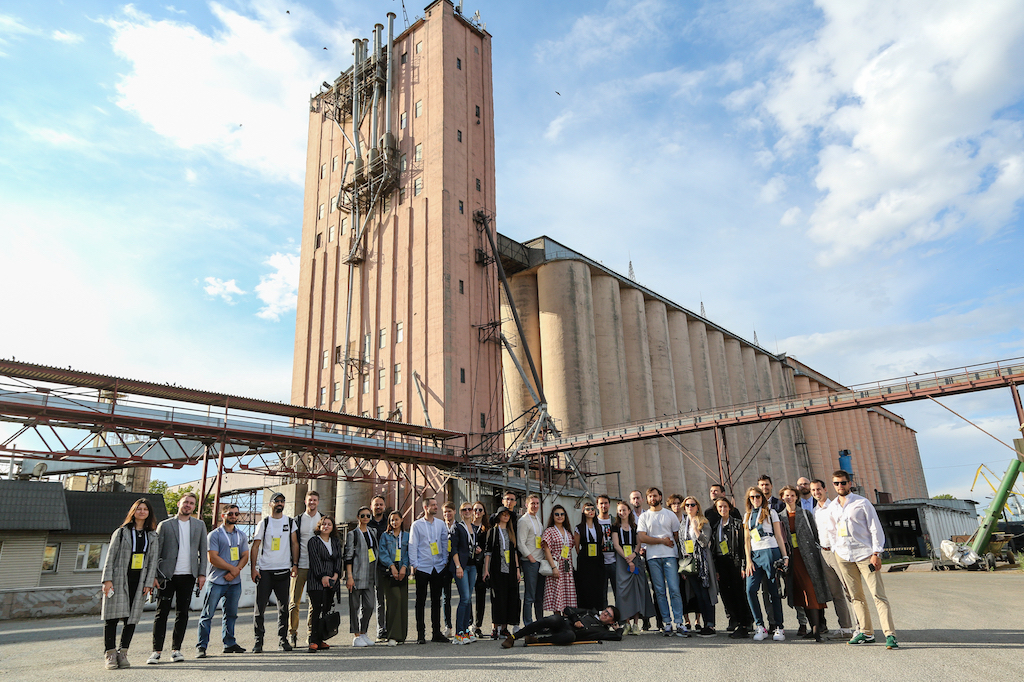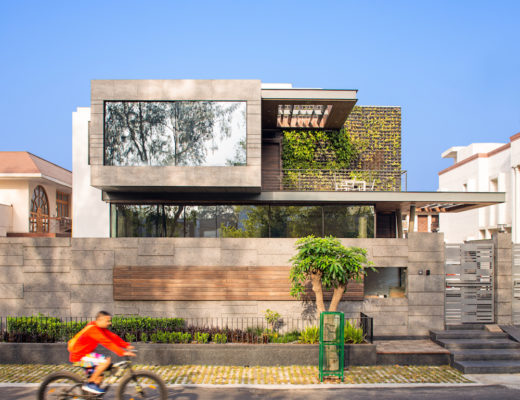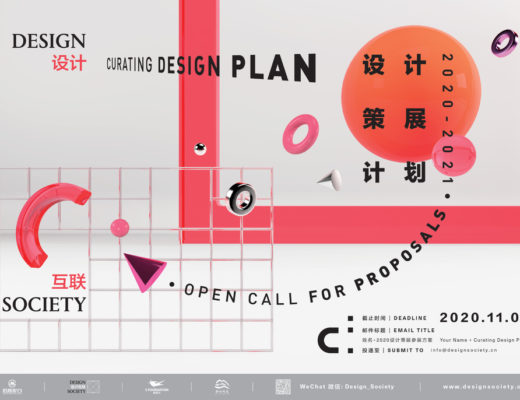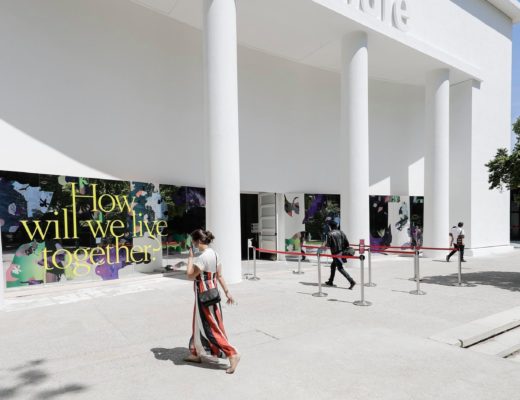The second edition of the Russian Architecture Biennale for Young Architects will take place in Innopolis, a satellite of Kazan, and Russia’s youngest and most high-tech city from October 24th to 26th, 2019.
The biennale aims to support young architects, particularly in the field of urban development. Conceptualised by architect Sergei Tchoban, the biennale’s curator, the programme will allow young architects to be involved in projects all over Russia and to establish a stronger network with local governments. The theme for this year’s biennale is “Giving a second life to industrial sites”.
Architects and urban planners under the age of 35 sent in applications from Moscow, St Petersburg, Kazan, London, Miami, Delhi, Beijing, and Pisa. From among the 739 applicants from six countries and 53 cities, 30 finalists have been chosen.
“This year, we made the terms more difficult for applicants,” says Nataliya Fishman-Bekmambetova, the biennale’s director. “We didn’t ask them to invent a project. We asked them to come up with ideas for the redevelopment of actual industrial sites in Kazan. I think there will be lots of interesting projects, since we have many good specialists — we just need to give them a chance to work.” 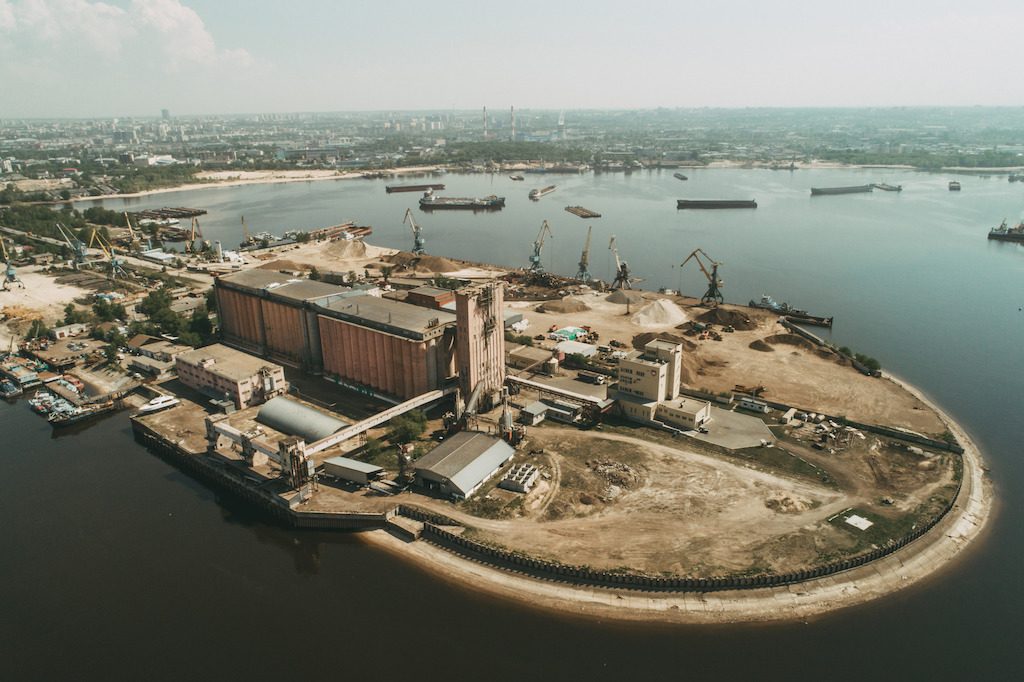
The young architects in the competition are developing projects to rehabilitate the territories of the Santekhpribor factory and the grain elevator in Kazan’s river port. Santekhpribor is situated in a former industrial zone. The finalists drew lots to determine which sites they would work on.
Tchoban says: “It’s almost impossible to overestimate the importance of the challenge of disused industrial sites: virtually every Russian city today is confronted with the question of how to repurpose such sites. To a great degree, a cityscape depends on the choice of strategy for developing former industrial zones, as do levels of comfort for local residents and tourists. The key challenge today is to find the value in every former industrial site or building. This is real ecological awareness — making an effort to preserve physical, energy, and occupational resources. It’s the younger generation of Russian architects who must formulate a strategy.”
This year, there will be four prizes. The high-profile international jury will choose the two best projects for each site, assigning first and second places. Tchoban, the jury’s chairman, will be joined in the judging duties by Michiel Riedijk, founder and partner of Neutelings Riedijk Architects and professor at Delft Technical University (Netherlands); Philip Yuan, co-chairman of the Built Environment Technology Center at Washington University and director of the Academic Committee at Shanghai Technology Center for Engineering Digital Design; and Kristin Feireiss, curator and co-founder of the independent architectural gallery Aedes Architecture Forum in Berlin and a member of the jury for the Pritzker Prize.
These international experts will be joined by three of the winners of the First Russian Architecture Biennale for Young Architects: Mikhail Beylin and Daniil Nikishin, founders of CITZENSTUDIO (Moscow); Nadezhda Koreneva (Moscow); and Oleg Manov (FUTURA Architects, St. Petersburg).
The biennale will include a three-day professional programme with lectures, presentations, and discussions of the challenges in regenerating industrial zones and of ways to bring young architects into the professional community. In addition to the main competition, this year there will be a new architectural-artistic competition for 9th- and 10th-graders.
In 2020, the proposals by the finalists of the biennale will be shown at the Aedes Architecture Forum in Berlin. Aedes is the first independent architecture gallery in Europe; it exhibits work by specialists in contemporary architecture and urban design. The biennale is open to visitors.
Recently, the city was in the news for being the venue of the Aga Khan Awards for Architecture prize-giving ceremony.

